Bridging healthcare gaps: the groundbreaking impact of South Africa's NuMeRI research
South Africa is making waves in the field of nuclear medicine with the establishment of the Nuclear Medicine Research Infrastructure (NuMeRI). This state-of-the-art facility is set to accelerate the diagnosis and treatment of diseases such as cancer and tuberculosis (TB) through advanced medical imaging and targeted therapies.
Backed by the Department of Science and Innovation (DSI), this NuMeRI facility exemplifies South Africa's commitment to addressing critical health challenges and championing bio-innovation.
South Africa's first 'one-stop' NuMeRI (Nuclear Medicine Research Infrastructure) facility
NuMeRI, the country’s first-of-its-kind Nuclear Medicine Research Infrastructure, marks a significant milestone in the continent's medical landscape. Situated near Steve Biko Academic Hospital in Pretoria, South Africa, this facility is dedicated to advancing drug development, clinical research and innovative diagnostics and treatments. This national infrastructure has core partners as University of Pretoria, Steve Biko Academic Hospital, NECSA, iThemba Labs and supports all universities across the country.
With an investment of R700 million from the Department of Science and Innovation (DSI), NuMeRI stands as a testament to South Africa's dedication to precision medicine and personalised therapies, significantly contributing to the country's bio-economy strategy.
“NuMeRI's capabilities will contribute to the precision medicine approach and targeted personalised therapies being developed in South Africa. The facility is another key milestone in advancing South Africa's Bio-economy Strategy and will assist in taking bio-innovations further down the value chain, from radiolabelling to preclinical testing. It will also contribute to good manufacturing practices and with clinical trials," said Dr Nzimande, Minister of Higher Education, Science and Innovation.
Source
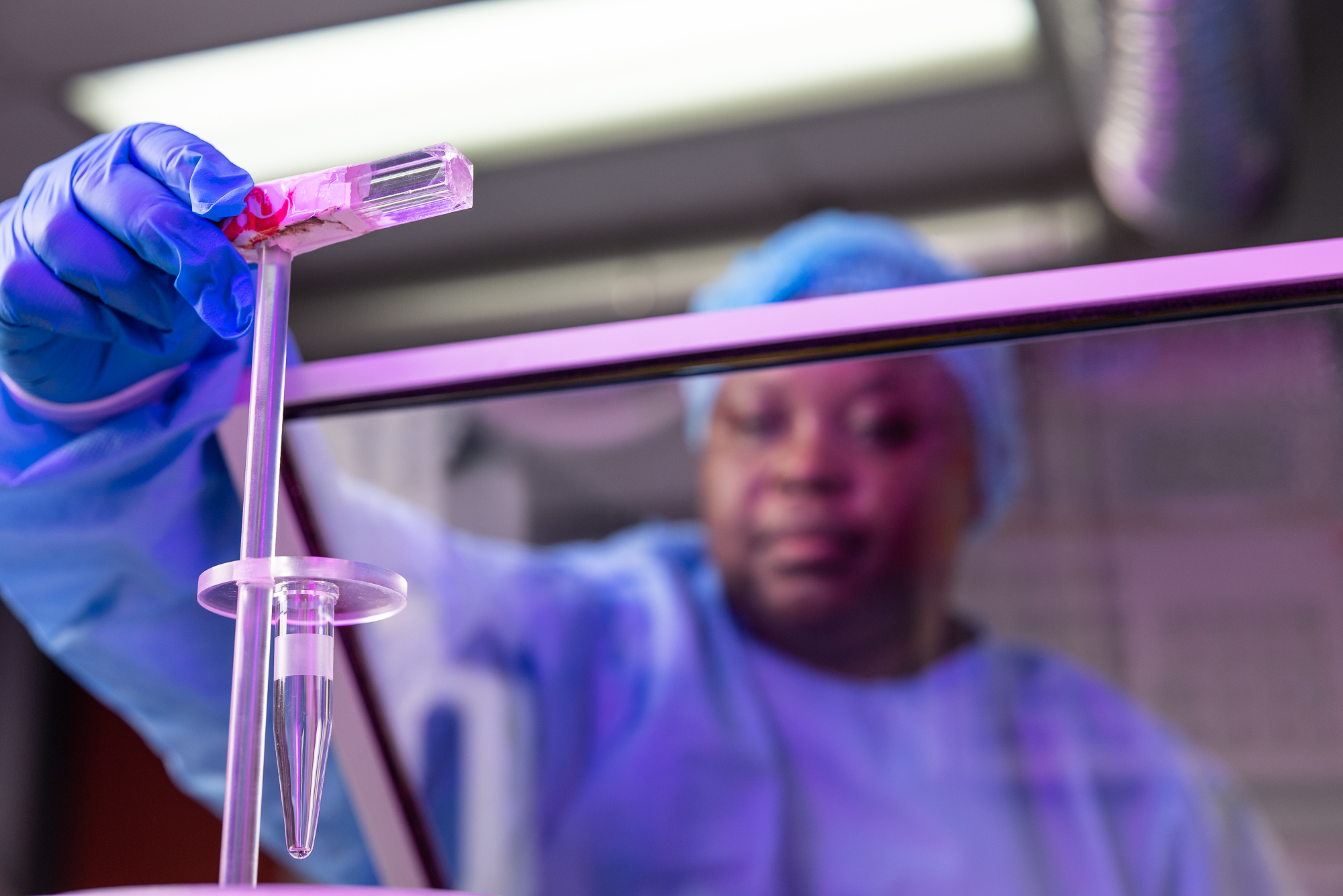
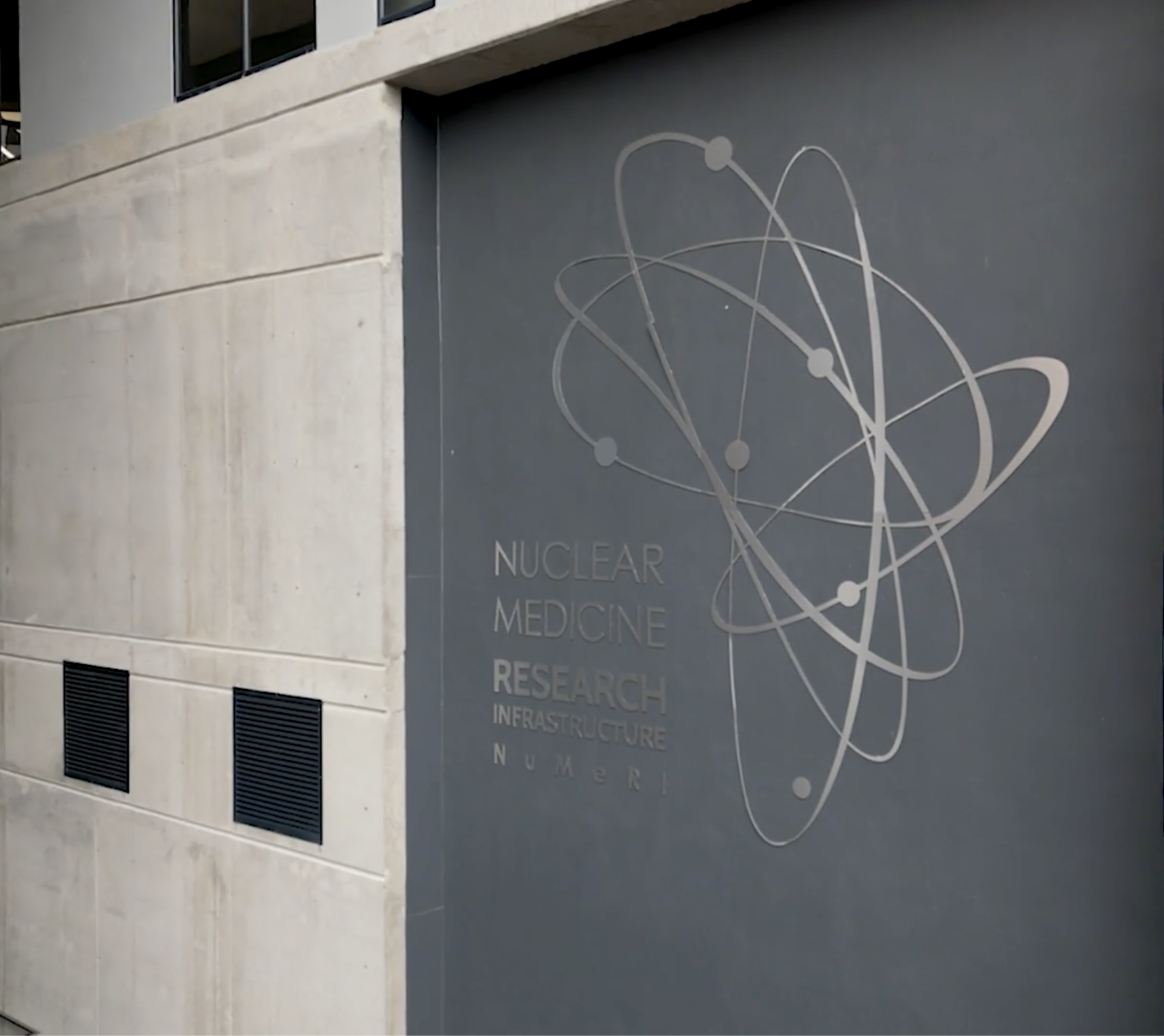
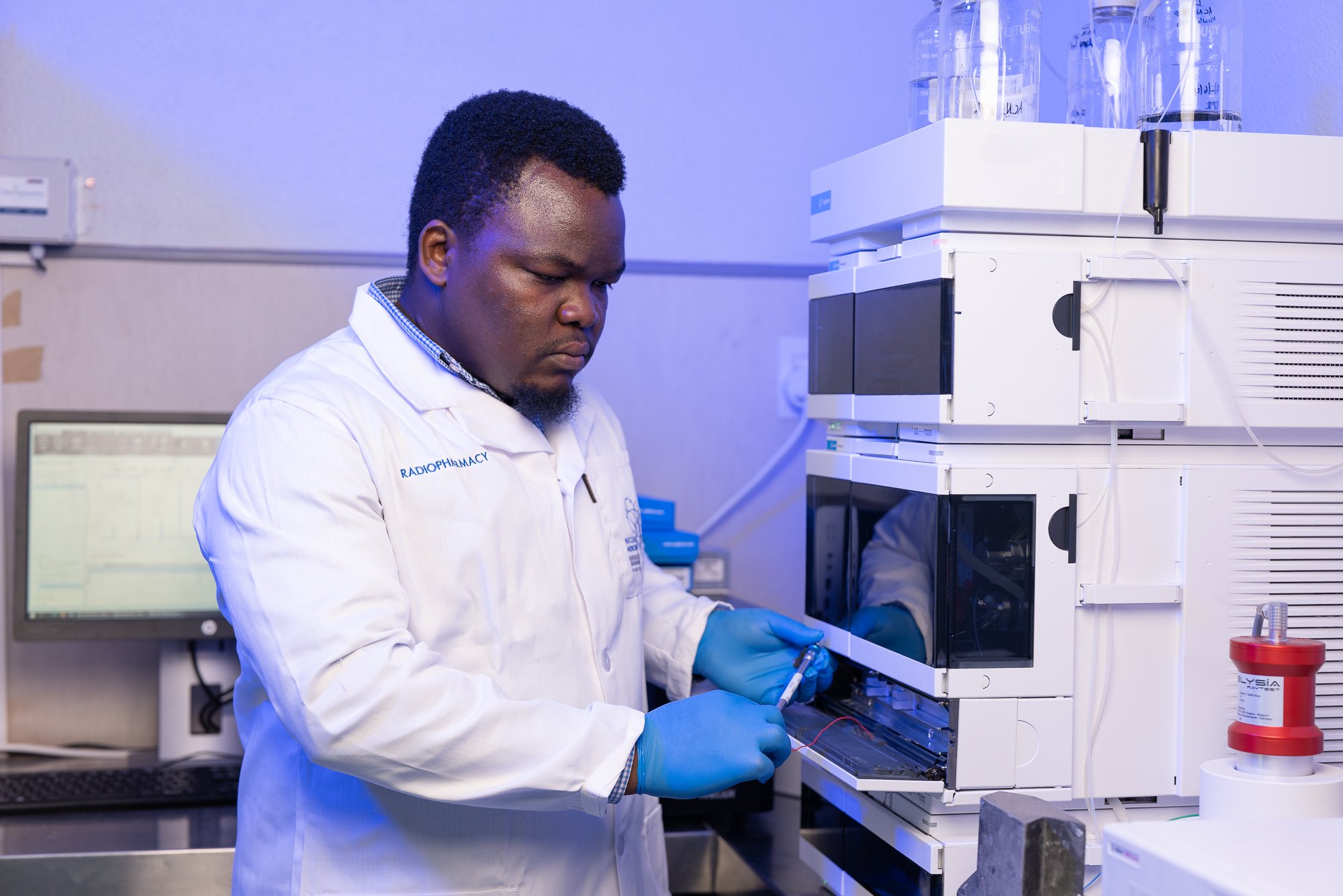
NuMeRI's role in minimising cancer misdiagnosis and fatalities
According to the South African National Cancer Registry (NCR), more than 85 000 new cancer cases were diagnosed in 2019, while cancer was the sixth-leading cause of death in the country in 2021, according to Statistics South Africa. Moreover, South Africa is among the top 30 countries with the highest prevalence of TB globally, with an estimated 301 000 new cases reported in 2022, as per the World Health Organization.
At the NuMeRI launch in May 2024, Dr Lehlohonolo Majake, CEO of the Steve Biko Academic Hospital emphasised the critical role of early cancer detection stating, "By finding diseases early we can intervene in the early stages and significantly improve treatment outcomes and save lives. The possibilities that NuMeRI presents are endless, offering hope to patients and medical professionals alike."
Source
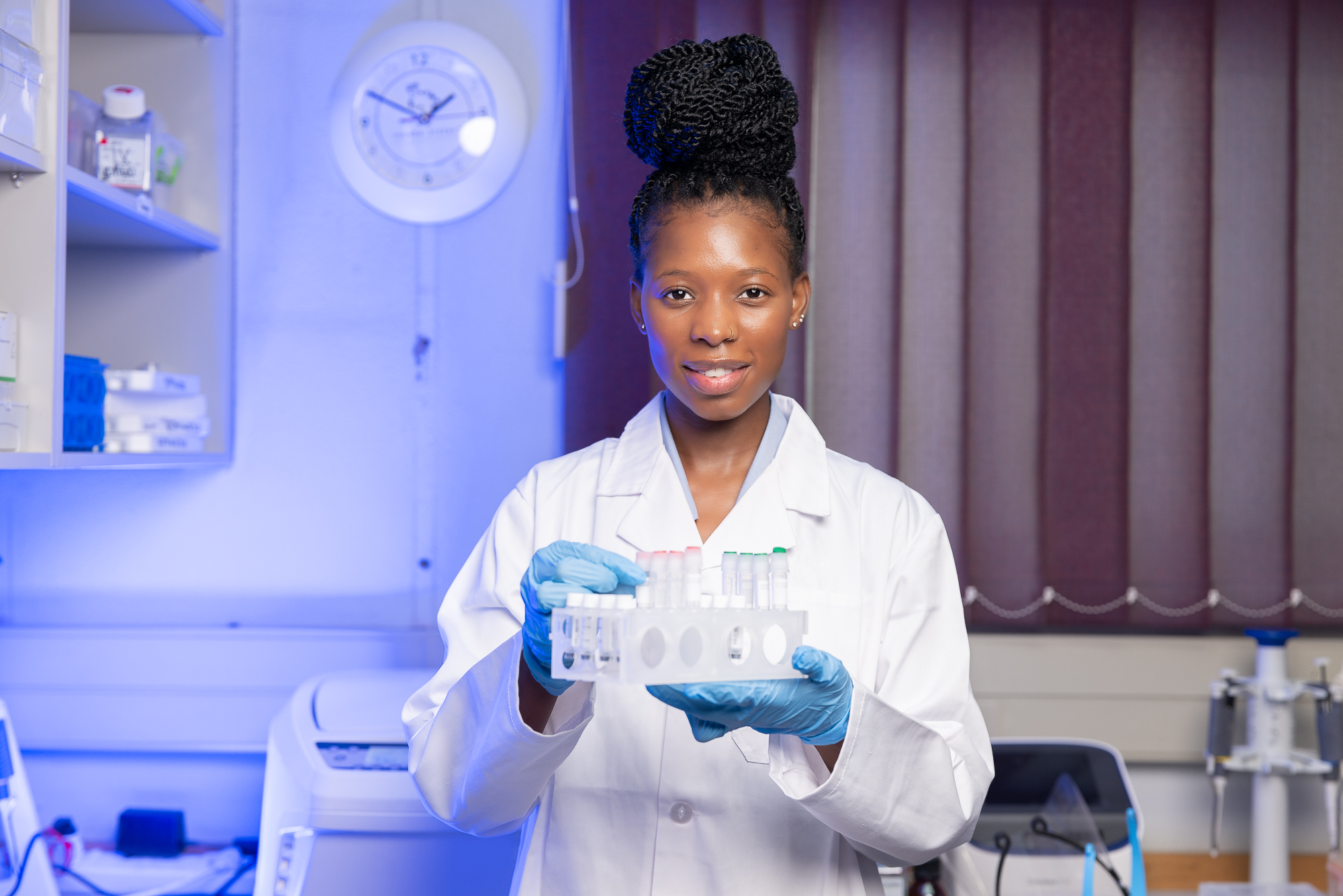
South Africa's commitment to expanding nuclear medicine infrastructure
South Africa's commitment to advancing nuclear medicine is evident through the Department of Science and Innovation's (DSI) ongoing efforts to expand related infrastructure nationwide. While NuMeRI takes centre stage as a flagship facility for nuclear medicine research and development, it's part of a broader ecosystem of notable centres across the country.
Among these are the iThemba Laboratory for Accelerator Based Sciences (LABS) near Somerset-West, renowned for its particle physics research, and the Western Cape Academic PET-CT (Positron Emission Tomography and Computed Tomography) Centre at Tygerberg Hospital. The latter serves as a primary clinical training site for Stellenbosch University's Faculty of Medicine and Health Sciences, bridging academic research with practical applications.
The landscape of nuclear medicine in South Africa extends beyond these specialised facilities. Several academic hospitals, including Tygerberg in Stellenbosch, Inkosi Albert Luthuli Central Hospital in Kwa Zulu Natal, Groote Schuur in Cape Town, Dr George Mukhari Hospital in Pretoria and Charlotte Maxeke in Johannesburg, Universitas hospital Bloemfontein,house nuclear medicine departments that offer clinical services and contribute to ongoing research efforts. While these institutions may not offer the comprehensive range of services found at NuMeRI, they play crucial roles in service provision, professional training and research within their areas of expertise.
This network of facilities and institutions paints a promising picture for the future of nuclear medicine in South Africa. As the nation marks 30 years of democracy, NuMeRI emerges as a symbol of progress, exemplifying how the country is harnessing nuclear technology for peaceful, life-saving purposes. It stands as a testament to South Africa's commitment to scientific advancement and improved healthcare outcomes for its citizens and beyond.
Sources: University World News & Department of Science and Innovation

Professor Sathekge on the critical need for facilities like NuMeRI in low-income countries
Professor Mike Sathekge, a distinguished figure in the field of nuclear medicine, holds dual leadership roles as the Head of the Nuclear Medicine department at both the University of Pretoria and Steve Biko Academic Hospital. Additionally, he spearheads the South African Nuclear Medicine Research Infrastructure (NuMeRI).
At the launch of NuMeRI, Professor Sathekge shed light on the facility's mission and its critical importance in the landscape of global healthcare. He emphasised the pivotal role of precise imaging and assessment in reducing misdiagnoses and cancer-related deaths. Sathekge drew attention to the stark disparity in access to advanced medical technologies between high- and low-income countries, describing it as "scandalous.
In his impassioned address, Professor Sathekge articulated NuMeRI's core objective: "That is what NuMeRI wants to change. If you have such wide disparities and high numbers of people in low-income countries who can't access this technology, you'll forever misdiagnose patients and you won't be able to potentially save millions of lives."
The vision for NuMeRI extends beyond South Africa's borders. Professor Sathekge revealed ongoing efforts to establish collaborations with institutions across the African continent, including Zimbabwe, Nigeria, Ghana, Mauritius, Zambia, Uganda, Botswana, Tanzania, Kenya, Namibia, Senegal and Ethiopia. These partnerships aim to broaden the reach and impact of nuclear medicine technologies throughout Africa.
Source
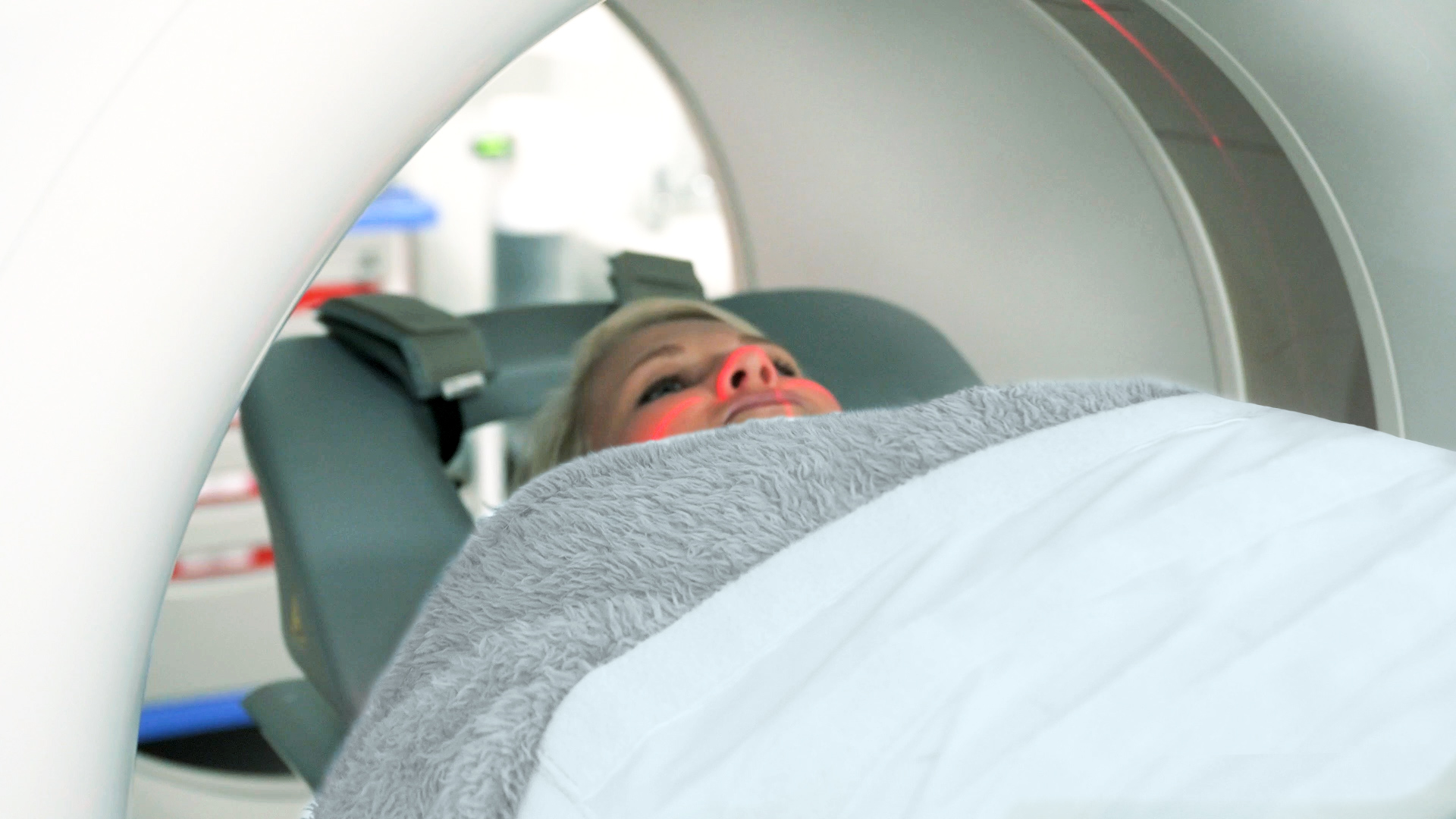
NuMeRI: an integrated facility for imaging, therapy and research
NuMeRI is a comprehensive medical nuclear imaging and therapeutic facility dedicated to drug development and clinical research for the benefit of the South African, African and global healthcare sectors.
As a research facility, it provides enabling support for healthcare research and development to academia and commercial healthcare companies (pharmaceutical and biotechnology), facilitating research, innovation and value generation in areas of country-and region-specific health challenges.
NuMeRI offers a wide array of services to enhance the nuclear medicine capabilities of the health industry:
- Clinical unit: Functions as an all-encompassing medical imaging and therapeutic facility, specialising in drug development and clinical research.
- Radiopharmacy: Features cutting-edge good manufacturing practice (GMP) Radiopharmacy equipment, ensuring the production of high-quality radiopharmaceuticals for both therapeutic and diagnostic purposes.
- Basic and translational research: Facilitates the development of customised diagnostics and therapies targeting communicable and non-communicable diseases prevalent in the African population.
- Pre-clinical imaging: Supports various aspects of medical research, including disease modelling, drug development, treatment response assessment, non-invasive and longitudinal studies, translational research and image-guided interventions.
- Medical Physics and Radiobiology (MPR): This division integrates radiation protection, medical physics and radiobiology in nuclear medicine practice, offering a holistic approach to cancer control through radiation science, technology and radiobiological data.
- Node of infection imaging: Specialises in identifying and locating infection sites within the body, accelerating the development of drugs for national priority diseases such as tuberculosis (TB).
NuMeRI's advanced imaging capabilities allow for a more in-depth examination of the body, enabling the detection and recognition of diseases earlier than many conventional medical procedures. This early insight is invaluable in informing accurate diagnoses and tailoring effective treatment strategies.
By facilitating early detection, NuMeRI significantly improves the prospects for successful treatment of diseases like cancer, tuberculosis (TB) and heart diseases, ultimately enhancing patients' quality of life.

Access local nuclear medicine innovation and help improve healthcare
The Nuclear Medicine Research Infrastructure (NuMeRI) is a cornerstone initiative of the Department of Science and Innovation (DSI), designed to catalyse local health innovations in research and development. This strategic endeavour is set to change the South African health industry while aligning seamlessly with the nation's broader bioeconomy strategy.
NuMeRI represents a significant step towards realising South Africa's vision of a knowledge-based economy, where scientific and technological advancements drive sustainable development and improved quality of life.
If you are eager to explore the possibilities that NuMeRI offers, innovation.bridge.info serves as a gateway to this exciting world of nuclear medicine research. Here, you can delve deeper into the facility's capabilities, ongoing projects and potential collaboration opportunities.
DSI, making sure it’s possible.

